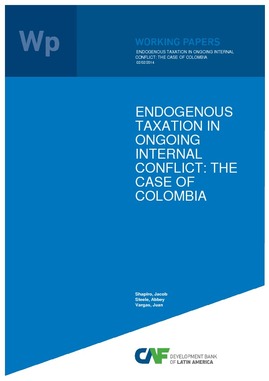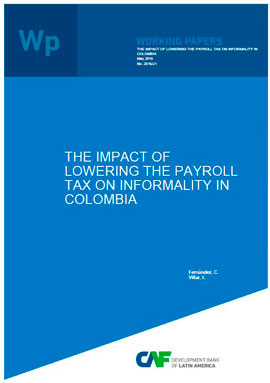Domestic Violence and Divorce Law: When Divorce Threats Become Credible
Abstract
This paper investigates whether lowering the cost of divorce can reduce domestic violence. The cost of divorce influences the bargaining position of spouses, and thus, their behavior within the marriage. This study takes advantage of a large and unexpected reform of the divorce regime in Spain, which allowed for unilateral and no-fault divorce, and eliminated the pre-existing 1-year mandatory separation period, to estimate the causal effects. This reform dramatically reduced the cost of exiting a partnership for married couples, but not for unmarried ones, which favors a differencein-differences identification strategy. This study analyzes several measures of spousal conflict, ranging from self-reported spousal abuse and technical definitions of spousal violence based on recorded behavior, to more extreme measures of well-being such as partner homicide. Results suggest a decline of 27-36 percent in spousal conflict and around 30 percent in extreme partner violence as a consequence of the reform. Moreover, spousal violence has been found to decrease among couples who remain married after the legal modification, which suggests an important role for changes in bargaining within the marriage when divorce becomes a more credible (cheaper) option. The results are not driven by selection and are robust to a variety of checks.
Subject
Country / Region
Date
2014-10-01Cite this publication
Belongs to collection
Items Relacionados
Endogenous Taxation in Ongoing Internal Conflict: The Case of Colombia
Recent empirical evidence at the cross-country and subnational levels suggests that internal conflicts harm state capacity and tax performance. On the ...
The impact of lowering the payroll tax on informality in Colombia
The Colombian government recently reformed the tax law by reducing payroll contributions from 29.5% to 16% and substituting them with a profit tax. The ...
Spillovers of health education at school on parents´ physical activity
To prevent modern health conditions like obesity, cancer, cardiovascular illness, and diabetes, which have reached epidemic-like proportions in recent ...






